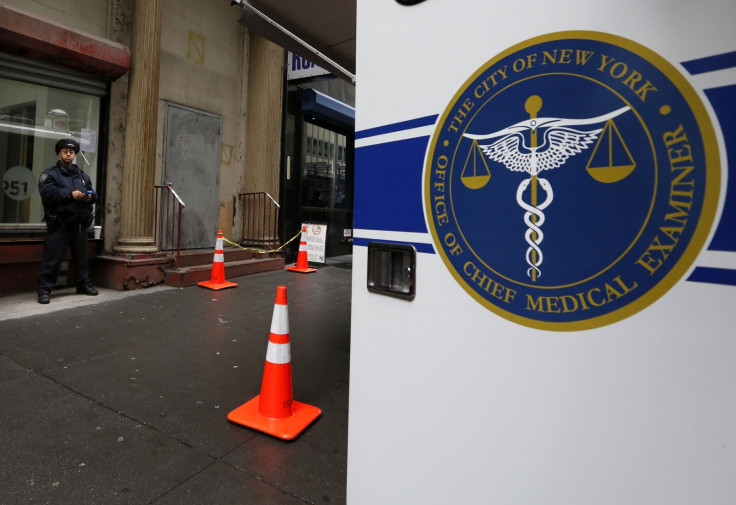US judge makes source code for controversial DNA analysis software public
The Forensic Statistical Tool has played a major role in many sentencings.

A federal judge has made the source code for a controversial DNA analysis software public for review, according to ProPublica. The Forensic Statistical Tool, developed by New York city's crime lab, has been used in over a thousand cases for matching a suspect's DNA evidence with samples found at a crime scene or on a weapon.
The tool, first deployed in 2011 in New York City's Office of the Chief Medical Examiner, has played a significant role in many sentencings. It was replaced by a newer version in the beginning of 2017 but has drawn serious flak, with several defence experts questioning its correctness – something that may have led a number of innocent suspects to jail.
Critics made a request for the source code for the tool in 2013, but it was denied back then. Now, a motion from ProPublica citing public interest in the disclosure has led Judge Valerie Caproni of the Southern District of New York to lift the protective order that kept the code out of public view.
The motion came in a gun possession case in which the tool was used to determine the likelihood that the accused held certain weapons.
The source code for FST has been published on GitHub along with two newly unredacted defence expert affidavits. It is expected that the open availability of the code will bring in experts from different parts of the world to look for flaws in the tool, which could ultimately help clear the names of wrongly held individuals.
"Everybody who has been the subject of an FST report now gets to find out to what extent that was inaccurate," said Christopher Flood, a defence lawyer who has been trying to get access to the code. "And I mean everybody — whether they pleaded guilty before trial, or whether it was presented to a jury, or whether their case was dismissed. Everybody has a right to know, and the public has a right to know."
The Office of the Chief Medical Examiner has not opposed the motion, but has given full support for its tech saying, it "continues to stand behind the science that the FST source code operationalised".
As the tool is not in use now, the public availability won't have much of an effect on future cases, but it could well clear the names of many innocents. A coalition of lawyers has already filed a request for a review of all cases that may have been affected by FST.





















